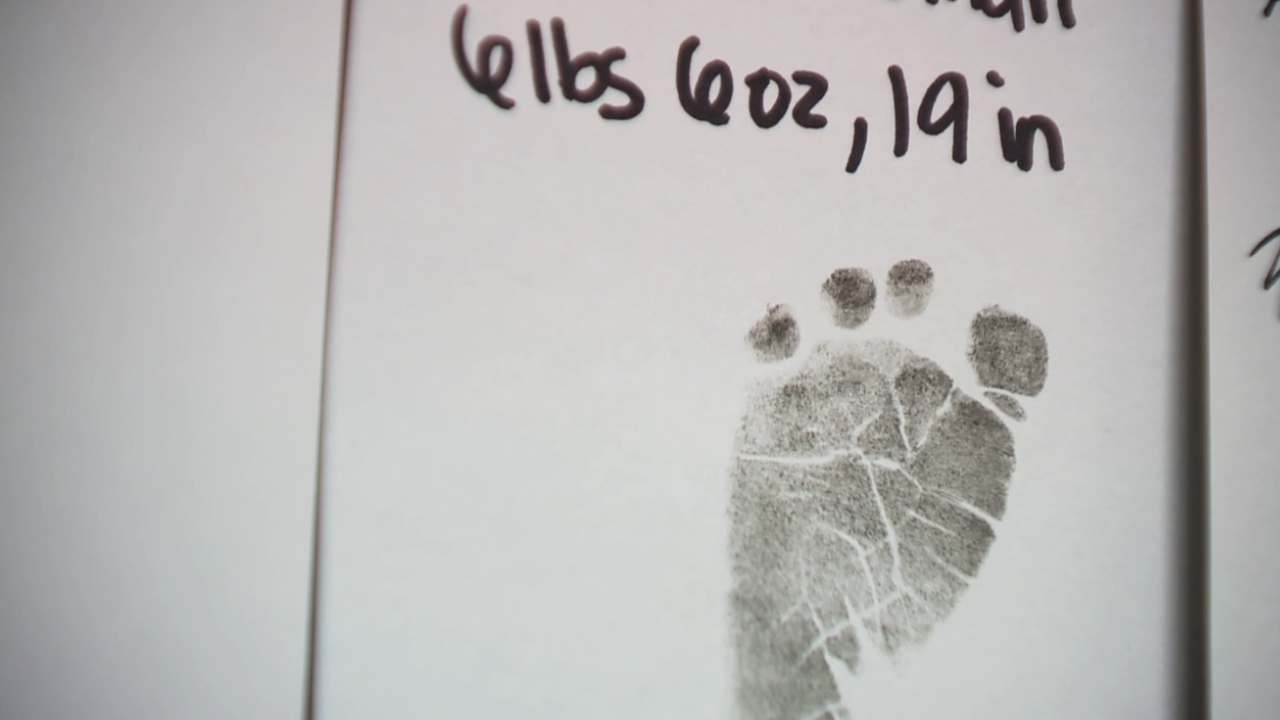SALT LAKE CITY — An attorney who runs an adoption agency in the southern United States joined a Utah legislative committee hearing virtually on Wednesday, calling on lawmakers thousands of miles away from where she lives to change their adoption laws.
"You might ask why I am interested in this in Utah,” Carrie Murray Nellis said after the issue was added last minute to the Legislature’s Interim Judiciary Committee. “And the reason is because I am constantly having to talk to women who have given birth and been moved from our states of Georgia, Florida and South Carolina to Utah and coerced into making an adoption plan.”
Murray Nellis, with the Georgia-based Abiding Love Adoption agency, said she’s seen this type of story “over and over again.” She urged state lawmakers “to stop this madness, to stop having women be traveling to Utah as a destination [for] adoption.”
Her commentary comes as Utah lawmakers consider a range of possible changes to the state’s current adoption laws, which opponents have characterized as exploitative.
They say adoption agencies are recruiting vulnerable pregnant women to Utah for the sole purpose of an adoption – then paying for housing, food, clothing and other pregnancy-related medical expenses during their stay. These uncapped payments, they argue, can be seen as coercive, and the act of transporting women away from the support systems in their home states a way to prematurely solidify their decision-making in favor of adoption.
Some representatives from Utah’s adoption agencies who spoke during the hearing Wednesday acknowledged that they do work with out-of-state woman. Donna Pope, founder of Heart to Heart Adoptions, said about 25% of the women she works with have relocated.
But they also pushed back on claims that these women aren’t properly informed of their rights when they come here, noting that state law requires agencies to have birth mothers read and sign a five-page document outlining their rights and responsibilities in an adoption.
“To say they don’t understand their rights, they’re wrong,” said Lynea Krukiewicz, founder of Life After Placement.
They also rebutted concerns that uncapped payments to women for pregnancy-related expenses could be viewed as an inducement to place a baby for adoption, something state law prohibits.
The document birth mothers sign "specifically says that they request help with reasonable adoption-related expenses permitted by law, you are under no obligation to place your child for adoption or repay financial support received if you decide not to complete your adoption plan,” noted Jaime Chidester, with A Act of Love Adoptions.
Isaac Thomas, who works with the same agency, added that “no birth mom is ever told that they have to pay any family back if they decide to parent their child.”
During her testimony, Pope, with Heart to Heart Adoptions, told legislators that she started her agency to help birth mothers “have as many options as possible and experience the kindness, compassion, respect and dignity in a vulnerable and difficult situation.”
“This is what we try to do,” she said. “This is what the laws of Utah help us to do.”
Lawmakers did not make any decisions at the hearing Wednesday but indicated plans earlier this summer to explore the issue further.
Adoption reform advocates – such as birth mothers working with the group Utah Adoption Rights – have called for several changes to the state’s laws.
They’d like to see the creation of a 72-hour waiting period after birth before a woman can consent to an adoption, as well as a 72-hour revocation period during which she can change her mind.
They also want the state to strike the section of law that does not allow revocation of an adoption even in cases of fraud; to require all adoption agencies to be licensed as non-profits; and to create greater restrictions around payments to birth mothers.
Rep. Katy Hall, R-South Ogden, first brought the issue of so-called ‘adoption tourism’ before the Legislature’s Judiciary Interim Committee after hearing concerns from constituents who work in the industry. She told FOX 13 News previously that while she wasn’t sure what changes lawmakers may ultimately pursue, “nothing’s off the table right now.”
In recounting the story of a woman who felt coerced to get on a plane to Utah to place her baby for adoption, Murray Nellis, the Georgia adoption attorney, contrasted Utah’s laws with those in her state.
“In Georgia, we have a four-day revocation period; we have an enforceable post-adoption contact agreement; we have laws regarding fathers,” she said.
That birth mother “deserved to have someone within her community to connect her with grief support," she continued. "But instead, she was being treated like, honestly, a commodity. And that is how she felt.”




